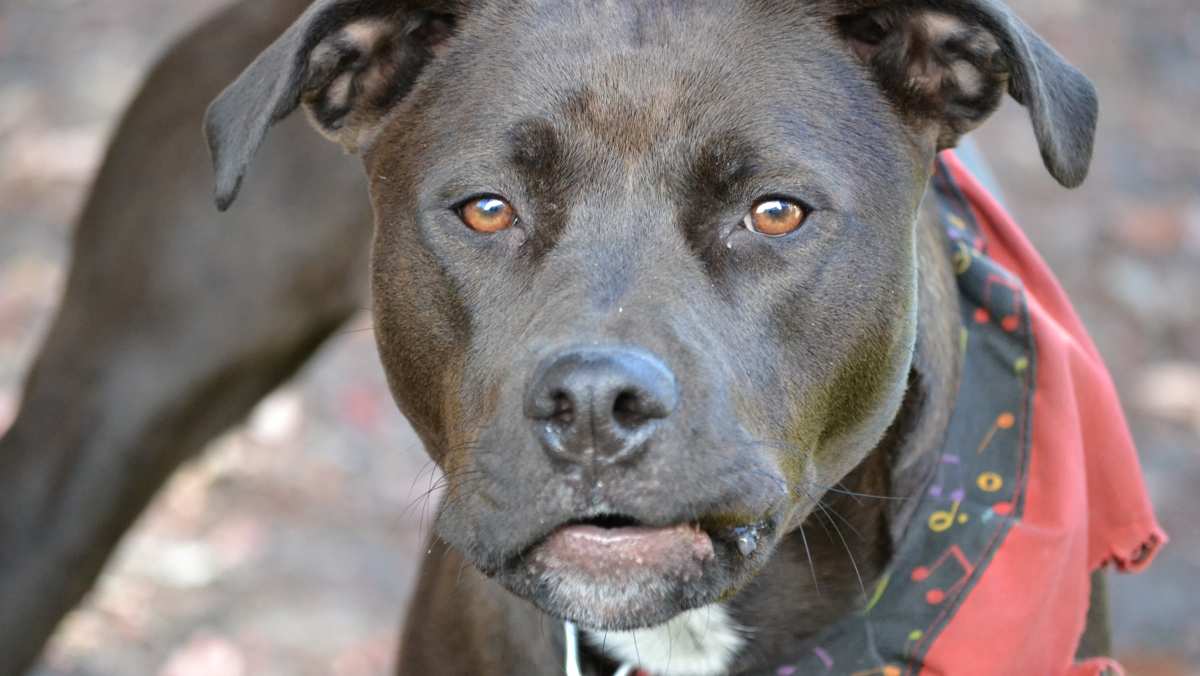Pitweiler Breed Details
The Pitweiler is bred from a sporting / hunting breed (Pitbulls) and a hunting / herding breed (Rottweilers), and while it is unknown why this hybrid was produced, the ferocity for which the two parent breeds are known can be greatly mitigated if you are an experienced dog owner who is ready to be responsible for early, persistent and very patient socialization and training of your Pitweiler puppy. These are not dogs for first-time families or people who live in small apartments, and you must be ready to calmly counter the inherit dominance of the Pitweiler's personality. To be sure, Pitweilers are extremely loyal, highly protective of their family members and remarkable energetic, and if you take the time to attend their needs, you will find them loving dogs who can still be guard dogs for family and home.
PROS
- Inexpensive
- Low shedder
- Minimal barker
- Highly devoted
- Extremely loyal
- Very Competitive
- Great guard dogs
- Remarkably strong
- Endlessly energetic
- Low grooming maintenance
- Intuitive of otherwise unperceived dangers
- relatively tolerant to extreme temperatures
CONS
- Very territorial
- Bad reputation
- Highly dominant
- Strong hunting instincts
- Requires a lot of daily exercise
- Not good with first-time families
- Needs a big house and secure yard
- Requires extra and constant training
- Extremely desirous of constant attention
- Must be socialized early, persistently and patiently
- Cannot be left unattended with young / small children
